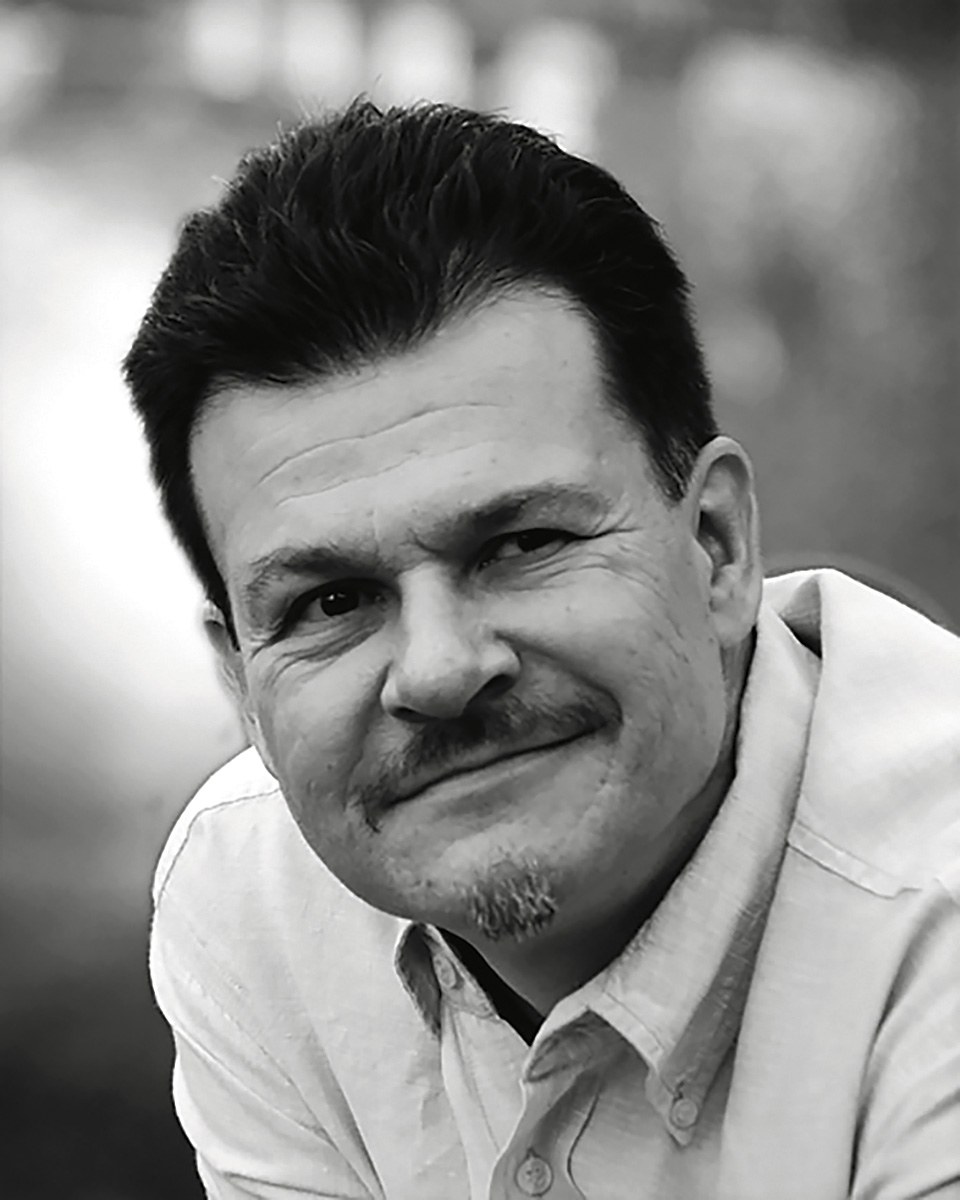An Industry at a Crossroads
Commentary from LpR 70: We often hear grumbles about the lighting industry suffering under low margins and high costs. Primarily, this is true for most traditional luminaire manufacturers but not as much for innovative controls and driver manufacturers, and even less so for innovative newcomers who understand the semiconductor business that has taken over a share of the luminaire manufacturers' revenue.
The keynotes at the combined LpS/TiL event addressed this situation and I heard many discussions concerning this topic at the show. Several new aspects that might be interesting for the lighting industry, as a whole, to recover were also unveiled. So what are the lessons learned?
"Be brave and make something different!" Almost every panel discussion, whatever the topic, ended up with a similar conclusion: Keep an eye on other industries because these are the true innovators of today. Stop doing the same thing the lighting industry has done for decades. The technology is here: be creative, otherwise more creative industries will take over your business and blow you away.
"Don't sell lumens per watt - sell light quality!" As efficacy is already at such a high level, the advantages of high quality lighting by far outweigh their efficacy deficits. The lectures and workshops that were paid the most attention to, concerned light quality and the effects of light. As if the award jury for the Scientific Award had foreseen this trend, they honored a research paper on "Lighting and Emergency Department Clinician Wellness and Performance Improvement". The LpS Awards and the TiL Awards were also mostly for products with a focus on light quality.
"Don't sell lumens - sell adequate light!" Recently, the latest study on energy consumption and warming showed dramatic figures and sad forecasts for 2050. The rebound effect that was already announced at the beginning of LEDification seems to have become reality. Add to this, the negative impact that over-illumination is having. Anticipating this issue's feature, one LpS lecture addressed the topic "Effects of Light Pollution on Insects and Agriculture", showing that unpredictable effects could have a negative impact on agriculture. But the authors also point out that an LED's spectrum can be tailored towards lower impact. And that is the big chance. Take it, and differentiate from your competitor!
"Listen to the user!" A luminaire manufacturer talks about the architect, the installer or the operator, but they rarely consider the real user: you and me in the office; the nurse in the hospital; the worker in the factory. What are their true demands? The answer: Simplicity, and again, adequate light. Speakers talked about sophisticated controls options that were not used because they are too complicated or inconvenient. The traditional concept of providing different fixed scenes is not really accepted. Artificial Intelligence is anticipated to solve this issue when it comes to more sophisticated solutions. A broad and interesting field, not just for research! Otherwise KISS: Keep It Simple Stupid.
Finally, maybe the most important statement from a panel discussion: "Give the younger generation the opportunity to create the(ir) future!" They think out of the box. Who made computers what they are today? And who paved the way to tablets and the mobile phones of today? The visions of the young Steve Jobs and Bill Gates! So be brave, give young people a chance to become the Steve Jobs' and Bill Gates' of Lighting. The most successful companies in this field have already recognized this and are acting.
Some of you may find these statements blunt and provoking. But sometimes it's necessary to look in the mirror and address issues directly and candidly. That's what happened at LpS and TiL! Let's start an open discussion and take the necessary, brave measures for the benefit of this incredible industry.
Arno Grabher-Meyer
Arno originally studied biology at the University of Innsbruck. He was involved in several scientific documentation projects for the Alpenzoo (Alpine Zoo) and a documentary film for the BBC with Sir David Attenborough. He worked as a freelance photographer for the Inatura (Museum for Nature, Humans and Technology) in Dornbirn.
He earned his engineering degree through continued education and in 2005 went to work for Luger Research. Here Arno worked on several LED lighting research projects in conjunction with the Austrian Competence Center Light.
His job as Chief Editor started in 2006 when Luger Research initiated LED professional. Part of this multi-faceted job is being responsible for the editorial content of the magazine and online news.

